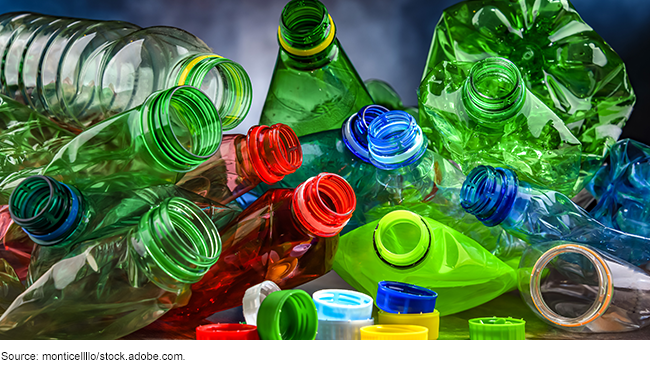The Guardian: Canada - scientists discover new method to break down toxic ‘forever chemicals’
Researchers at a Canadian university have made a breakthrough they hope will dramatically shorten the lifespan of the thousands of toxic “forever chemicals” that persist in clothing, household items and the environment.
Scientists at the University of British Columbia announced on Wednesday they had developed a new silica-based material with ability to absorb a wider range of the harmful chemicals, and new tools to break them apart them. “This is very exciting because we can target these difficult-to-break chemical bonds – and break them for good,” said researcher Madjid Mohseni, who focuses on water quality and water treatment.
The chemicals, also known as PFAS (per-and polyfluoroalkyl substances) are used for non-stick or stain-resistant surfaces, including clothing, cookware, stain repellents and firefighting foam. But they are also notoriously difficult to break down naturally, giving them the name “forever chemicals”.
In recent years, scientists have found the chemicals, which were once assumed to be harmless, are also linked to elevated cholesterol, hormonal disruption, infertility, cardiovascular disease and cancers.
“They attach to the proteins in our blood and can accumulate in our bodies, particularly in the liver and the kidneys. And the older you are, the more PFAS you have in your body,” said Amira Aker, a postdoctoral researcher at the Université Laval who was not involved in the UBC research. “And we can also pass the chemicals to a growing fetus, so even newborn babies have PFAS in their bodies from the moment they are born.”
While Canada has joined other nations in banning the manufacture of the chemicals, they are still found in household appliances and cosmetics and when discarded, can leach into the environment.
“We still don’t actually know how long some of these PFAS compounds will take to break down, because they were created back in the 1940s and they still exist within the environment,” said Aker.
Current technologies often use activated carbon to filter out the chemicals, but are largely only able to target what researchers call the “long-chain” versions of PFAS – those with more than six carbon bonds. Following recent bans, however, industry has shifted to creating “short-chain” iterations of the chemical. “[Those versions] are equally toxic and they stay in the water better. And as a result, current technologies like activated carbon really aren’t as effective,” said Mohseni.
Most household water filters use activated carbon – and as a result, miss a wide range of possibly harmful chemicals.
His team also found that the current filters concentrate the absorbed chemicals, creating a “highly toxic” form of waste that consumers throw into the garbage. Such filters “are not addressing the problem. We’re just temporarily fixing it and letting those chemicals stay in the environment,” he said.
To combat the deficiencies in combatting PFAS, the team has developed a new silicate absorbing material that captures a far wider range of chemicals. The thin material can also be reused repeatedly. To destroy the chemicals, Mohseni says researchers use either electrochemical or photochemical processes to break the carbon-fluorine bond. The team first published their findings in the journal Chemosphere.

